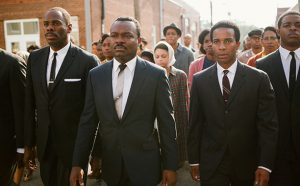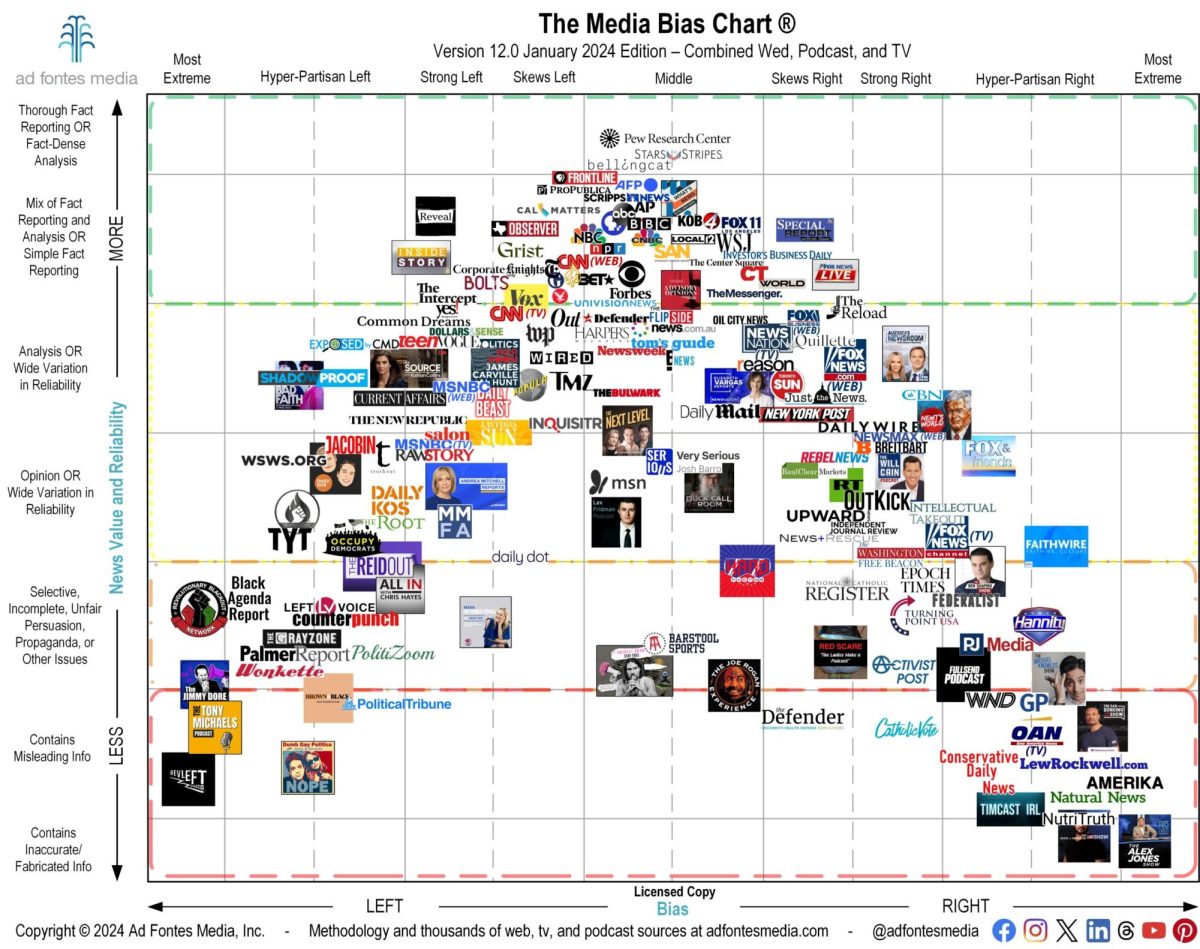
One of the most critically acclaimed films of the year, Selma chronicles the three-month period in which Dr. Martin Luther King Jr. and other members of the Southern Christian Leadership Conference travelled to Selma, Alabama to peacefully protest the restriction of voting rights for black people in the South. While black Americans were given the freedom to vote in the Civil Rights Act of 1964, the act was difficult to enforce and many were denied the right to vote despite meeting all qualifications.
The film is a masterpiece in more ways than one — strong performances from lead actors, a fantastic screenplay, and beautiful cinematography all contribute to the film’s great cinematic success. With four Golden Globe nominations, including Best Drama Motion Picture, Best Actor in a Drama Motion Picture (for David Oyelowo as Dr. King), Best Director (for Ava DuVernay), and Best Original Song (for “Glory” by John Legend and Selma co-star Common), Selma proved itself as one of the year’s best films. When it came to the nominations for the 87th Academy Awards, however, the amount of nominations for the film was cut in half. While the film itself was nominated for Best Picture and “Glory” received another nomination (and eventual win) for Best Original Song, the individuals involved with the film were snubbed for any recognition. The lack of recognition for black individuals started controversy, with film enthusiasts and casual fans alike all wondering the same question: Was the lack of Oscar nominations for Selma a simple difference of opinion or a display of the spectre of racism still alive in the Academy today?
The answer, unfortunately, is most likely the latter. In 2012, the Los Angeles Times reported that an overwhelming 94% of the members of the Academy were white, and had an average age of 62. While the Academy has made some efforts to increase their diversity since this statistic came out, one can guess that they have not made much of a dent in such a massive majority over just a few years. This lack of diversity shows in the nominations: all 20 nominees in the acting categories are white.
Whether the Academy’s voting was knowledgably biased or not is a virtually impossible question to answer. However, it begs another question: does it matter if the Academy was aware that they were being discriminatory with their votes, if the discrimination was still happening? Dr. King himself said, “I am sorry to have to say that the vast majority of white Americans are racists, either consciously or unconsciously.” The problem in this situation seems to be not blatant, hate-filled racism and a willingness to snub black individuals, but rather an internalized bias against black people and their work due to living in an inherently racist world.
Nonetheless, in a beat so dependent on the values of personal opinion and differing ideas of talent and achievement, people argue that controversy surrounding the lack of black nominees can only be brought to speculation. While it is unlikely that there were a huge lack of outstanding black actors and directors this year, some Academy defenders argue that a lack of diverse nominees simply echoes a lack of black people involved in cinema. This argument itself sparks yet another racially charged issue, which is big-budgeted films only giving lead roles to black people for historical accuracy, rather than creating black original characters. This issue took prominence in last year’s Academy Awards, when the only nominations given to black actors were to Lupita Nyong’o for playing a slaves in 12 Years a Slave as well as the same film’s director, Steve McQueen, and Barkhad Abdi for playing a Somalian pirate in Captain Phillips. These roles are dynamic and important to cinema; however, when the only roles available to black actors are available to them only because of their race, black influence in film shrinks indefinitely.
While the creators of Selma were most likely unaware of the Academy drama their film would start, they certainly did not shy away from starting racial discussions in modern America. The film completely takes place in 60s America, but its parallels to the Ferguson-based protests against racist police brutality are clear. “Glory” proudly boasts the lyrics: “Resistance is us/That’s why Rosa sat on the bus/That’s why we walk through Ferguson with our hands up.” The song’s powerful performance at the Oscars, as well as John Legend and Common’s moving speech after their win for Best Original Song, reminded audiences that the racial tensions in the film still exist in America today.
In one scene, a weeping mother holds her teenage son’s body after police officers beat and shoot him to death for attempting to peacefully protest; in another, black protesters are beaten, shot at, and charged at by police officers while trying to march to Montgomery from Selma. The film is unashamedly gory, but the immense violence serves a purpose. The brutality in Selma is meant to shock the conscience of the audience, and while it may disturb some, it appeals to their empathy and humanity in order to effectively show both the horrors of police brutality in the past and today.
While people will always be at a disagreement of whether or not the Academy Awards and the film industry in general is racially biased, Selma succeeds not just as a film, but as a phenomenon that sparked important discussions on the possibility of this bias and racial tensions that still exist in our country and around the world today.













